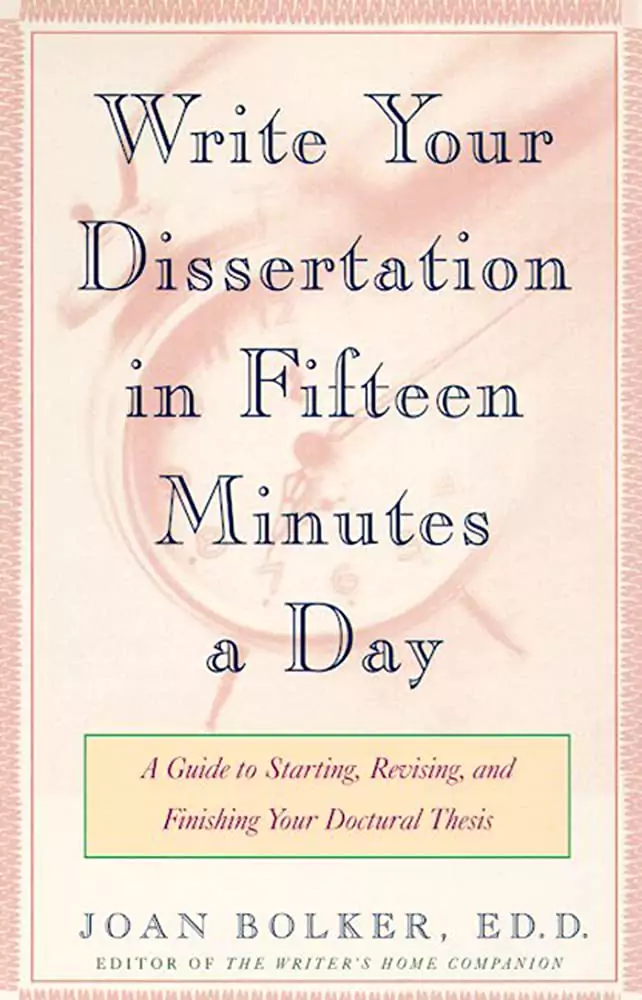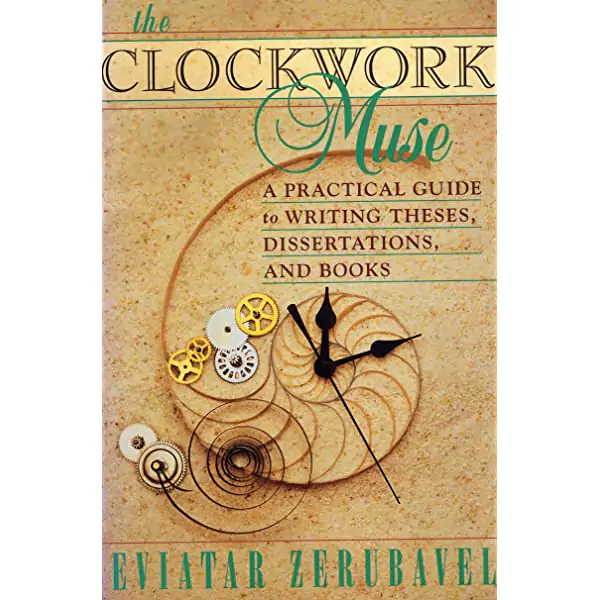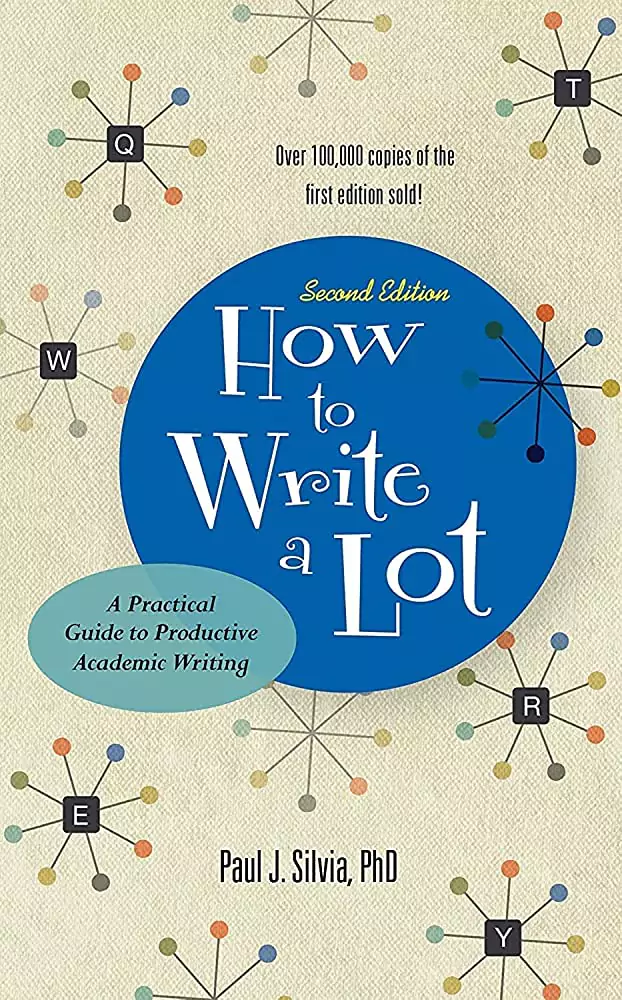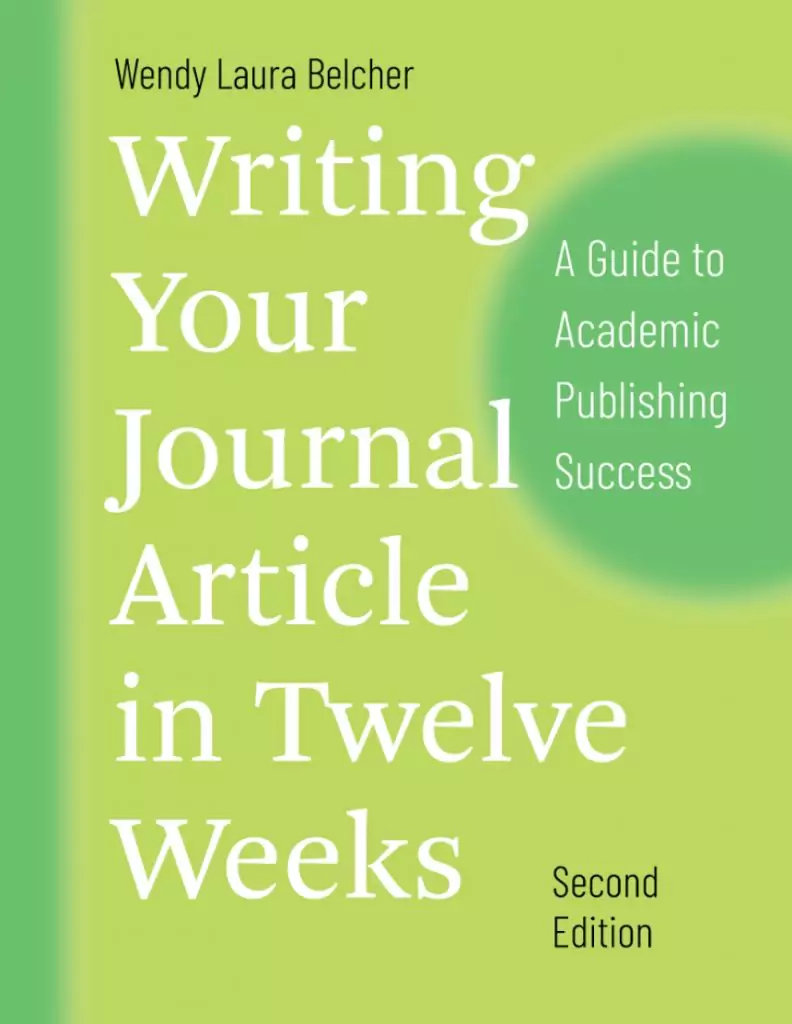An insightful thread on Twitter by Mushtaq Bilal, Ph.D., has given scholars a comprehensive list of five books to foster healthy academic writing habits. Delving into each book’s unique attributes, Bilal has created a roadmap for both beginners and advanced writers in academia.

✅ AI Essay Writer ✅ AI Detector ✅ Plagchecker ✅ Paraphraser
✅ Summarizer ✅ Citation Generator

Key Takeaways:
- Dr. Bilal’s Twitter thread serves as an invaluable resource for anyone looking to improve their academic writing skills. The five books he recommends offer unique insights into different aspects of the writing process, from drafting to time management.
- The range of books recommended caters to both beginners and experienced writers. For instance, Bolker’s book is ideal for initial drafting processes, while Hayot’s book suits advanced students and faculty who want to refine their scholarly voice.
- Two of the recommended books, “The Clockwork Muse” and “How to Write a Lot,” underscore the importance of time management in academic writing. Bilal stresses the significance of a sustainable writing schedule and allocating time for different tasks in the writing process.
Dr. Mushtaq Bilal, an acclaimed academic and author, has taken to Twitter to share a five-book guide designed for shaping minds and enhancing academic writing skills. The Twitter thread provides an in-depth exploration of each book, making it an invaluable resource for budding scholars and seasoned academics alike.
The first book Bilal recommends is Joan Bolker’s “Write Your Dissertation in Fifteen Minutes a Day”. Dr. Bilal endorses this as his preferred book on academic writing, praising it for its excellent advice on drafting the initial stages of a dissertation.
Second, on the list is “The Clockwork Muse” by Eviatar Zerubavel. Bilal lauds this book for its practical advice on time management during the writing process. The book divides time into three categories: A-Time, B-Time, and C-Time, each allocated for different tasks in the writing process.
Paul Silvia’s “How to Write a Lot” is the third recommendation. Dr. Bilal highlights this book for its insightful advice on constructing a sustainable writing schedule and starting a writing group with friends and colleagues.
Bilal next recommends “Writing Your Journal Article in Twelve Weeks” by Wendy Laura Belcher. He cites it as the only book of its kind that can guide a writer to complete a journal article in a span of twelve weeks when following Belcher’s advice.
Lastly, Bilal suggests “The Elements of Academic Style” by Eric Hayot. He notes that this book is primarily intended for advanced graduate students and faculty with prior writing experience, lauding it for its advice on the mechanics of academic prose and honing a scholarly voice.
Golden Rules for Mastering Academic Writing
Stepping beyond the realm of book recommendations, let’s delve into some practical advice, a distilled list of five critical tips to help you navigate the terrain of academic writing skills. As with any craft, practice is essential, but these guiding principles can provide a reliable compass for your journey.
Embrace the Art of Drafting
The first draft is not about perfection; it’s about getting your thoughts on paper. Don’t let the pursuit of flawlessness deter you from writing. Remember Joan Bolker’s advice: start with zero and first drafts.
Time Management is Crucial
Develop a time allocation system, much like Zerubavel’s A-Time, B-Time, and C-Time. Differentiate time for creating new material, compiling mechanical aspects like bibliography, and doing house chores. Prioritizing tasks can lead to efficient and stress-free writing.
Establish a Regular Writing Schedule
Taking a leaf out of Paul Silvia’s book, consistency is key to productivity. Develop a sustainable writing schedule that suits your rhythm, and stick to it.
Set Realistic Goals
Writing a journal article in twelve weeks might sound daunting, but Wendy Laura Belcher’s advice underscores the importance of setting achievable targets. Breaking down your goal into manageable chunks can prevent you from feeling overwhelmed and help you in finding the perfect balance.
Hone Your Scholarly Voice
A pivotal part of academic writing is developing your unique scholarly voice. As Eric Hayot suggests, it’s crucial to understand the mechanics of academic prose and continually refine your style. Don’t be afraid to let your personality shine through your writing, even in the most rigorous scholarly work.
These tips, combined with Bilal’s recommended books, can set you on the path to academic writing prowess. Remember, the goal is not to write a lot but to write well and consistently.
Related stories:
The Irresistible Allure of Bookworms: Why Reading is Sexy
“The Dog Ate My Homework” and Other Excuses: Tales from the Professor’s Perspective
How to Write an Excellent Travelogue – Tips and Tricks
Follow us on Reddit for more insights and updates.










Comments (0)
Welcome to A*Help comments!
We’re all about debate and discussion at A*Help.
We value the diverse opinions of users, so you may find points of view that you don’t agree with. And that’s cool. However, there are certain things we’re not OK with: attempts to manipulate our data in any way, for example, or the posting of discriminative, offensive, hateful, or disparaging material.